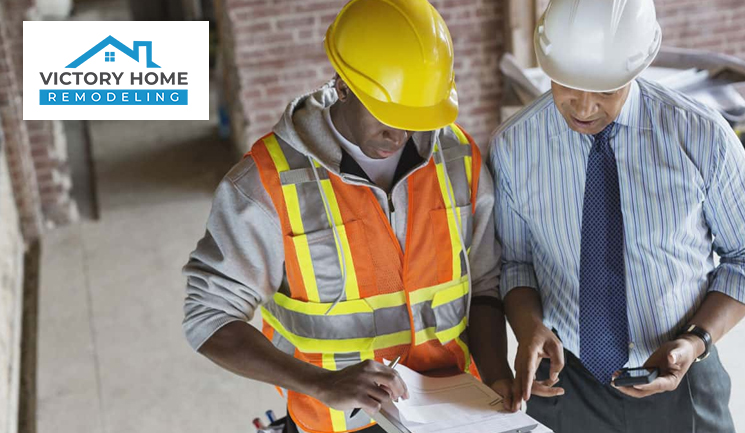Getting a Newcastle building permit may seem like a difficult and even time-costly affair but it is extremely necessary. Having the right documentation will help you avoid fines and other penalties.
The good thing is that you can always work with remodeling contractors in Newcastle to get these things done.

The first step is to determine whether your project requires a building permit. Here are common construction projects that typically require building permits in Newcastle:
Any new residential, commercial, or industrial construction project requires a building permit. This includes constructing a new home, accessory dwelling units, outdoor structures, or any other structure from the ground up.
Adding onto an existing structure, such as building an extra room, expanding a kitchen, or creating a new floor, requires a building permit. This ensures that the addition is structurally sound and compliant with codes.
Interior and exterior modifications that change the appearance of a building, such as adding a porch, deck, or balcony, typically require permits. This ensures that the changes comply with zoning regulations and don’t negatively affect the aesthetics of the neighborhood.
Before demolishing a structure, whether it’s a complete tear-down or partial demolition, a permit is required. This ensures that the process is carried out safely and adheres to environmental and safety regulations.
For structures like sheds, garages, or other detached buildings on your property, an accessory structure permit is necessary. This permit ensures that these structures meet safety standards and adhere to zoning regulations.
| Types of Building Permits | Description |
| Electrical Permit | Needed for electrical installations or alterations, including wiring, panels, and circuits. |
| Plumbing Permit | Essential for plumbing work, such as installing or modifying pipes, fixtures, or water heating systems. |
| Mechanical Permit | Required for HVAC (heating, ventilation, and air conditioning) installations or alterations. |
| Fence Permit | Required for installing new fences or making changes to existing ones, ensuring compliance with height and location regulations. |
Building permit requirements in Newcastle are a crucial aspect of any construction or renovation project. Here’s a general overview of the permit application process in Newcastle:
Understanding the key aspects of building permit codes and regulations is essential for developers, homeowners, and contractors embarking on construction projects within the city.

The city is divided into different zones, each with specific guidelines dictating the type of structures that can be built, the height and setback requirements, and the allowed land uses.
Building design and construction standards include factors such as building materials, architectural styles, and overall aesthetic appeal. These regulations aim to create a visually pleasing urban environment while also upholding structural integrity and safety.
Stringent safety and structural regulations are in place to safeguard occupants, neighbors, and the community at large. Our Newcastle building permit experts will help with fire safety measures, seismic considerations, and using durable materials.
Working with building permit professionals in Newcastle is a sure way to get everything right. Our experts at Victory Home Remodeling have the right mix of knowledge and experience to get you your permits in little time. Just contact our team and we’ll schedule a meeting.
Permit processing times vary but can take several weeks. Factors include project complexity and the local permitting workload.
Starting construction without a permit can result in fines, project stoppages, and even the need to undo work that doesn’t comply with regulations.
Yes, many contractors handle permit applications, but the responsibility ultimately lies with the property owner.
Yes, some projects might require multiple permits, such as separate permits for plumbing, electrical, and structural work.
Minor changes might be possible, but significant changes could require amending your permit. Always consult with the building department.
Permit durations can vary, but they typically expire after a certain period. Be sure to start and complete your project within the permit’s validity timeframe.